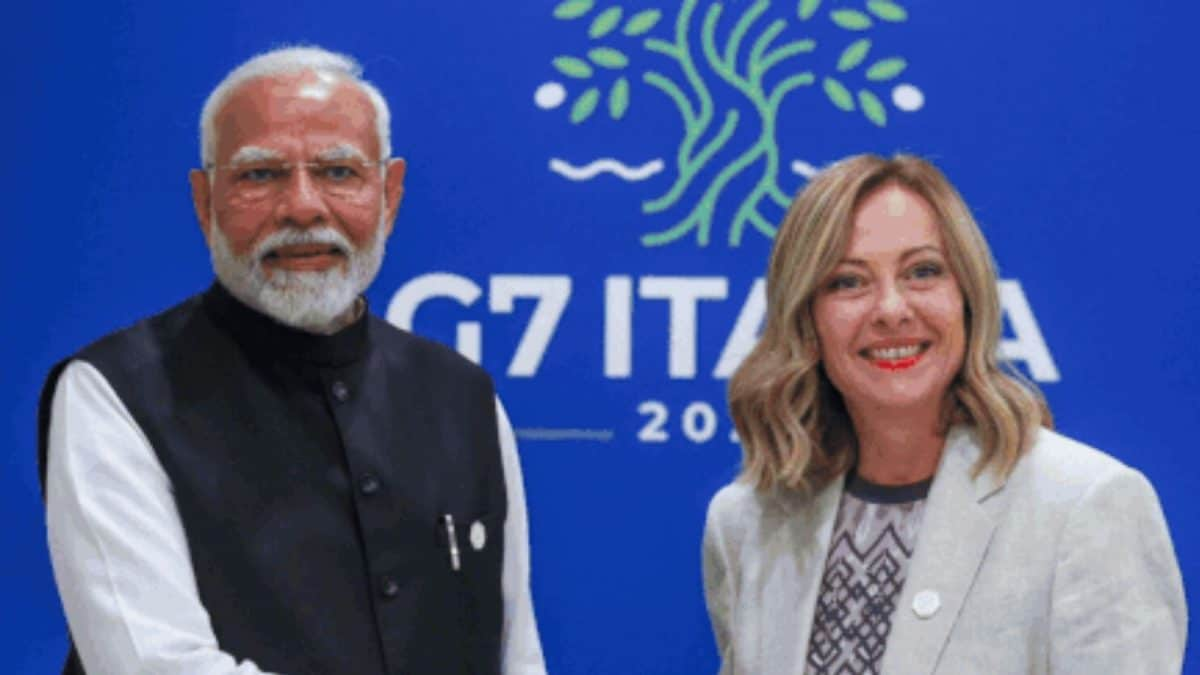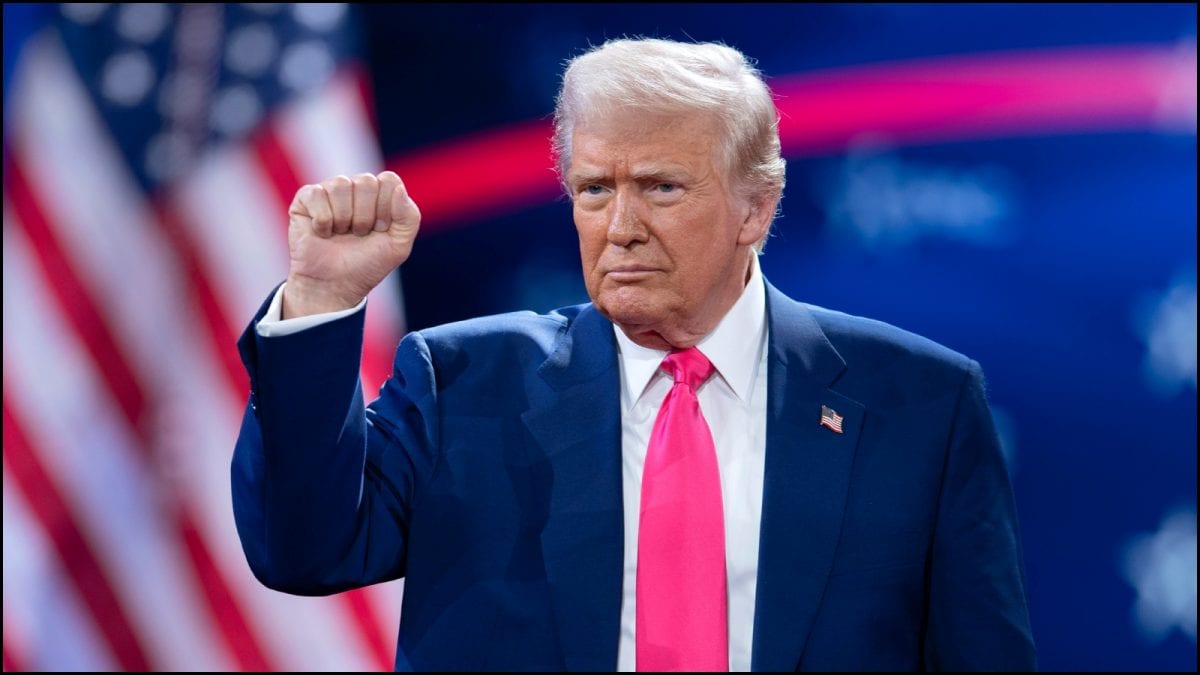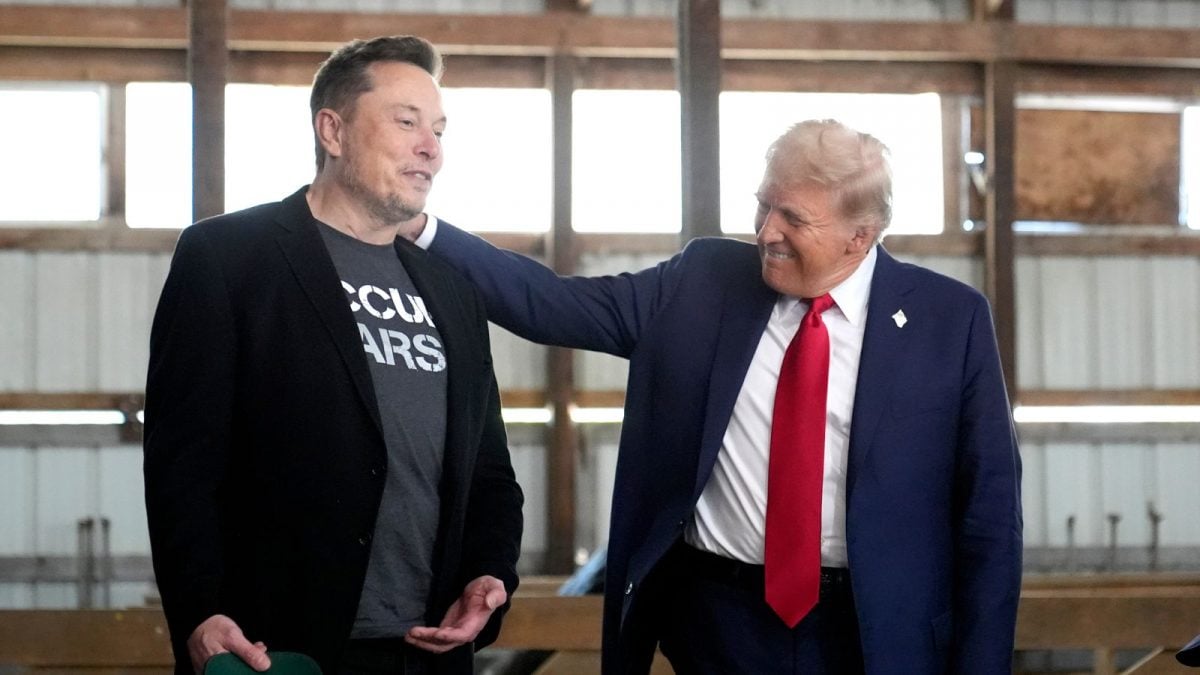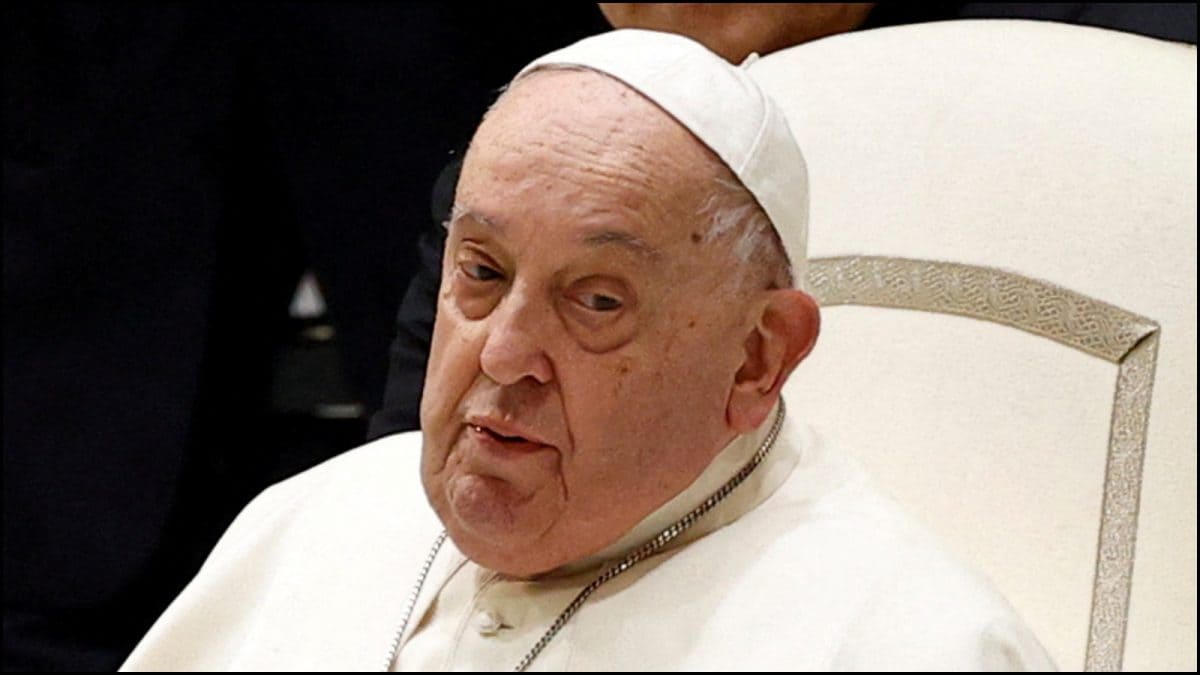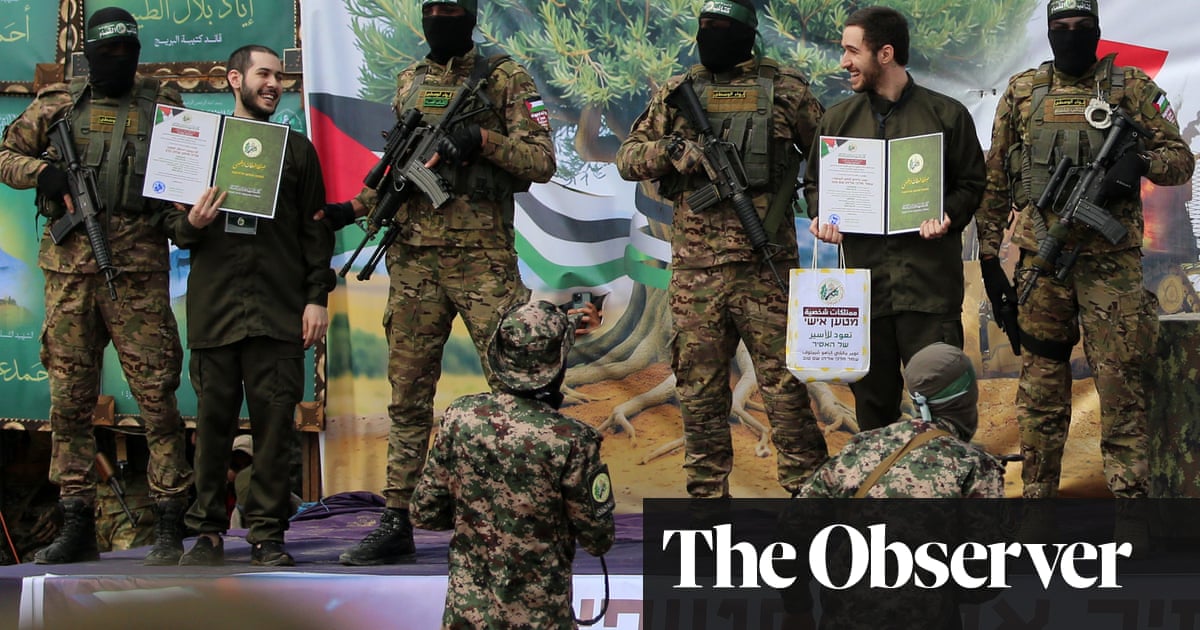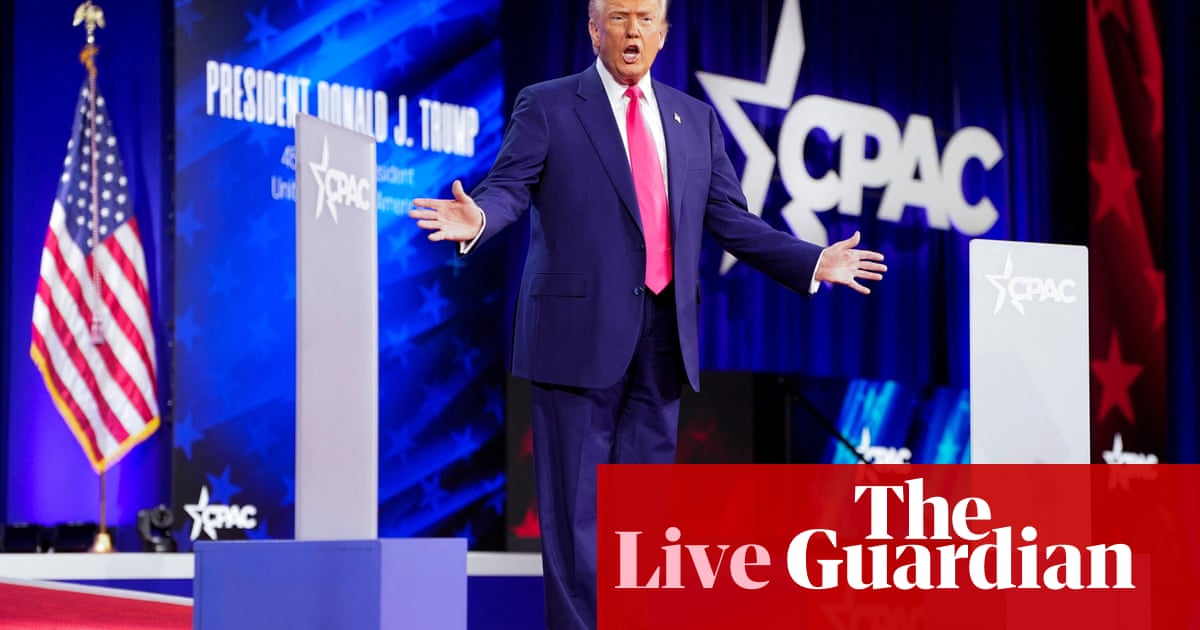Last Updated:December 29, 2024, 23:01 IST
The 'liuzhi' detention facilities have sparked concerns of widespread abuse, torture and forced confessions as they seek to consolidate Xi Jinping's grip on power and all aspects of society.

The expanded detention regime is being seen as Xi Jinping's latest attempt to consolidate his power over the state. (Reuters/File)
China has reportedly built or expanded over 200 detention facilities across the country as President Xi Jinping widened his anti-corruption drive, which has become the main plank of his governance model and prosecuted over a million members of the ruling Communist Party.
The expanded detention facilities, referred to as “liuzhi" or “retention in custody" are equipped with padded surfaces, round-the-clock guards and surveillance cameras and are designed to hold detainees for up to six months without seeing a lawyer or family members, according to a report by CNN.
Since he came to power in 2012, Xi Jinping has turned his focus to combating graft and disloyalty, while consolidating absolute control over the Communist Party and the military. Xi’s anti-graft campaign in the military has drawn global attention, which his critics say enabled him to consolidate his hold on power.
Official media accounts say over a million party officials, including two defence ministers and dozens of military officials, were punished and prosecuted in the campaign. In a recent speech to party members, Xi said all workers must “deeply promote the party’s self-revolution", referring to the fight against corruption.
Now in his third term, the Chinese President’s anti-corruption campaign has become a more permanent feature of his governance, extending beyond party lines and targeting various public sectors, including private entrepreneurs and administrators in schools and hospitals.
China’s New Detention Regime
Over several years, the Communist Party’s Central Commission for Discipline Inspection (CCDI) has run a secretive detention system to interrogate party officials suspected of corruption, with no legal recourse or family access. Several officials abruptly disappeared from public and were kept in party compounds, hotels and other covert locations for months.
However, China’s controversial “shuanggui" policy, referred to as “double designation" came under intense global criticism for alleged widespread abuse, torture and forced confessions. Xi banned the practice in 2018, but did not abolish secret detention of party officials.
Instead, the practice was given a new name – liuzhi – and placed under the purview of a new state agency called the Supervisory Commission (NSC). The new system retains several features of its predecessor, including prolonged detention without any legal intervention or independent oversight.
The NSC consolidated the government’s anti-graft forces and merged them with the CCDI and the two agencies coordinate together and even share the same offices, personnel and website – meaning the same controversial practice still exists, now codified under a law that can target the entire public sector.
What Do These Facilities Look Like?
At least 218 liuzhi detention facilities have been set up, renovated or expanded between 2017 and November 2024, picking up pace after the COVID-19 pandemic. The real number is expected to be much higher as many local governments do not publish tender notices online.
These detention cells and interrogation rooms are reportedly equipped with fully padded walls, cabinets, tables, chairs and beds, anti-slip surfaces, surveillance cameras and more. Most of the safety features are designed to prevent detainees from taking their own lives, a long-standing issue in shuanggui detentions.
Chinese authorities have laid down standard construction rules for liuzhi centres, including a national plan for building these facilities between 2023 and 2027. These include a massive 542-room complex in Dingxi, which comprises 32 detention cells.
What Xi Hopes To Achieve With Expanded Detention?
Critics have argued that the expanded detention regime will lead to abuse of power and forced detentions, consolidating Xi’s authoritarian grip on all aspects of society and the state. The liuzhi regime has a broader target than its predecessor, as it also ensnares officials and civil servants of public institutions and state-owned companies.
High-profile detainees include Bao Fan, a billionaire investment banker and ex-footballer Li Tie, the coach of China’s national men’s team. As many as 127 senior executives of publicly listed firms have been taken into custody under the new detention regime.
A criminal defence lawyer who has represented Chinese officials in corruption cases told CNN that there has been little improvement in the protection of those detained under liuzhi as many of their clients had detailed abuse, threats and forced confessions in custody.
“Most of them would succumb to the pressure and agony. Those who resisted until the end were a tiny minority," the lawyer said. In one case, an official named Chen Jianjun claimed he was deceived and forced into making false confessions of bribe-taking after he was subjected to sleep deprivation and forced to sit upright for 18 hours daily.
According to the lawyer, investigators also arrest an official and their spouse simultaneously in a two-pronged approach to keep the spouse a hostage to force a confession out of the suspected transgressor.
Location :Beijing, China
First Published:December 29, 2024, 23:01 IST
News world China Builds Over 200 Detention Facilities As Xi Jinping Expands Anti-Corruption Drive

 1 month ago
1 month ago
